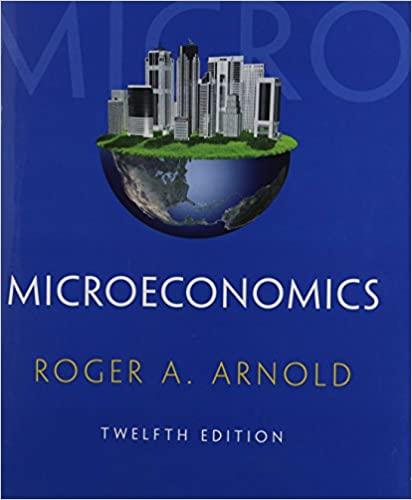Question
In our discussion of short-run exchange rate overshooting (the exchange rate in the short run changes by more than the long run change), we assumed
In our discussion of short-run exchange rate overshooting (the exchange rate in the short run changes by more than the long run change), we assumed real output (Y) was constant. Assume instead that an increase in the money supply raises real output in the short run, but not in the long run. How does this affect the extent to which the exchange rate overshoots when the money supply first increases? Is it possible that in the short run the exchange rate undershoots its long-run change? (Hint: In the money market equilibrium, allow aggregate real money demand schedule to shift in response to the increase in output).
Step by Step Solution
There are 3 Steps involved in it
Step: 1

Get Instant Access to Expert-Tailored Solutions
See step-by-step solutions with expert insights and AI powered tools for academic success
Step: 2

Step: 3

Ace Your Homework with AI
Get the answers you need in no time with our AI-driven, step-by-step assistance
Get Started


